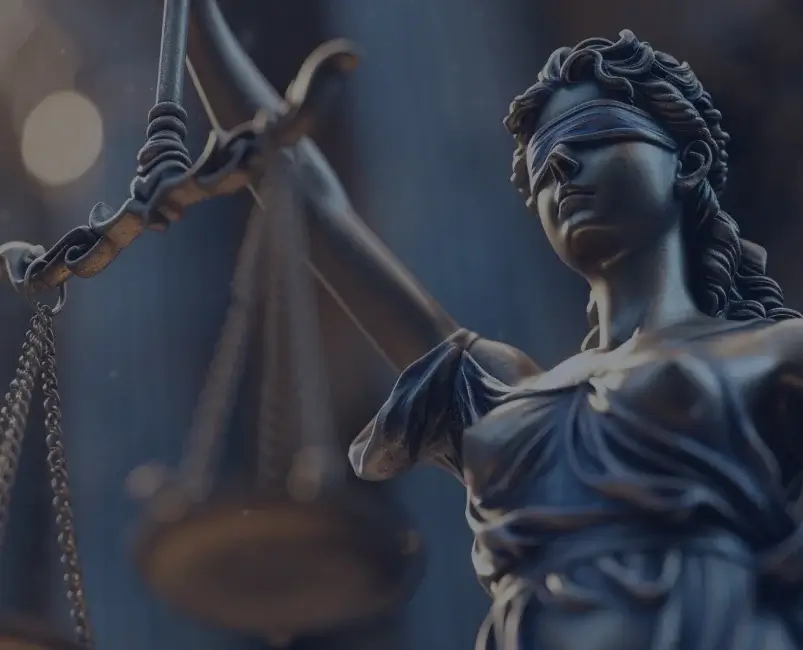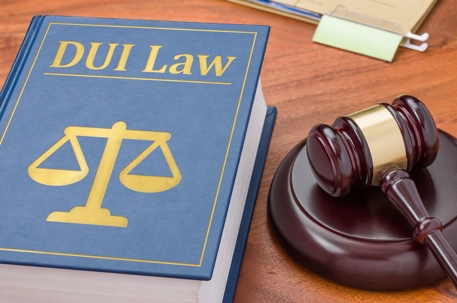The moment you hear, “You’re under investigation,” your heart stops. When you’re falsely accused of battery or assault, the panic hits like a freight train—because few situations feel as gut-wrenching as being charged with a crime you didn’t commit. When the accusation is assault and battery, the stakes are higher than ever; your freedom, reputation, and future hang in the balance. False accusations often stem from misunderstandings, personal vendettas, or malicious intent, leaving the accused scrambling to defend themselves. So, what if someone falsely accuses you of assault? How do you protect yourself in a system that often presumes guilt before innocence?
The first step is staying calm and crafting a solid defense. False accusations can lead to devastating consequences, but you can take control of the narrative with the help of a skilled lawyer. An experienced defense attorney can help you cut through the fog of accusations, protect your rights, and uncover the truth. Jason Knight, a Rhode Island criminal defense attorney with 17 years of experience, has guided countless clients through complex criminal cases involving false accusations. You don’t have to face this nightmare alone. As a Navy veteran and former Rhode Island state prosecutor, Jason knows how to dismantle false allegations and fight against even the toughest charges. Don’t wait—reach out to the Law Office of Jason Knight today and let us help protect your rights, preserve your freedom, and confidently navigate this storm.
What If I Am Falsely Accused of Battery?
Being accused of battery can feel overwhelming, especially if the allegations are false. Rhode Island courts take battery seriously, which involves intentional physical contact causing harm or offense. Even minor incidents can have significant legal consequences, including jail time, fines, and a permanent criminal record.
If you face these accusations, you first must remain calm. Avoid any confrontation with your accuser, as this could complicate your case. Instead, focus on gathering evidence, such as text messages, eyewitness accounts, or surveillance footage, to support your innocence. Most importantly, contact an experienced criminal defense attorney immediately. A skilled lawyer can evaluate the facts, challenge the prosecution’s case, and build a strategic defense tailored to your situation. With Jason Knight’s expertise in defending against battery charges, you can confidently navigate the legal system’s complexities.
Is It Illegal to Falsely Accuse Someone of Assault?
The short answer to whether it is illegal to falsely accuse someone of assault is yes. In Rhode Island and throughout the U.S., knowingly making false accusations is a serious offense. Perjury—lying under oath—is a criminal act punishable by significant penalties, including prison time under Rhode Island law. However, while filing a false police report is illegal, proving malicious intent or fabrication can be challenging. Although the law penalizes those falsely accusing others, the burden often falls on the accused to disprove the claims. This burden makes gathering evidence, securing legal counsel, and protecting your rights vital.
What If Someone Falsely Accuses You of Assault?
Facing false allegations of assault demands immediate, deliberate action. Although the temptation to confront your accuser might be strong, doing so could be disastrous. An accuser can easily manipulate your words or actions to fit their narrative, making it crucial to prioritize building a solid defense. Start by collecting evidence that supports your innocence, such as text messages, emails, surveillance footage, or witness statements. For example, if the accusation involves an incident in public, nearby security cameras might hold video footage proving your account. Eyewitness testimony can also play a pivotal role in establishing the truth.
In addition to gathering evidence, document every interaction related to the case—record dates, times, and details of conversations with the accuser, law enforcement, and witnesses. These meticulous notes may later serve as critical evidence in crafting your defense. Avoid discussing your case publicly or on social media, as even casual comments can be misinterpreted and used against you in court. Let your attorney guide all communications to ensure your rights are protected.
Engaging an experienced criminal defense attorney is essential. A skilled lawyer like Jason Knight will meticulously analyze the evidence, identify weaknesses in the prosecution’s case, and create a strategy tailored to your circumstances. If the false accusations caused reputational or financial harm, you may also have grounds to pursue other legal action against your accuser, holding them accountable for the damage.
What Are the Consequences of a False Accusation?
False accusations of assault and battery don’t just threaten your freedom—they can devastate every aspect of your life. A conviction, even if based on fabricated claims, can lead to:
- Jail time. Assault and battery convictions in Rhode Island can carry sentences ranging from months to years, depending on the severity of the charges.
- Fines. Financial penalties can add further strain, compounding the emotional toll of the accusation.
- Reputation damage. The mere allegation can tarnish your reputation, affecting relationships and career prospects.
- Criminal record. A conviction creates a permanent record that may limit your ability to find housing, employment, or professional licenses.
Understanding the stakes underscores the importance of acting quickly and working with a skilled defense attorney to defend yourself strategically.
Take the First Step Toward Clearing Your Name with the Law Office of Jason Knight
False accusations can feel overwhelming, but you don’t have to face them alone. At the Law Office of Jason Knight, you’ll find more than just an attorney—you’ll find a trusted ally with the experience and determination to protect your rights. As a Navy veteran and former Rhode Island state prosecutor, Jason Knight knows how to navigate complex legal challenges and fight for the truth. Whether negotiating with prosecutors or defending you in court, he will work tirelessly to secure the best possible outcome for your case.
With free case reviews, 24/7 emergency appointments, and a commitment to affordable, compassionate advocacy, Jason Knight is ready to stand by your side. Contact the Law Office of Jason Knight today to take control of your case and start building a powerful defense. Your future deserves nothing less.



